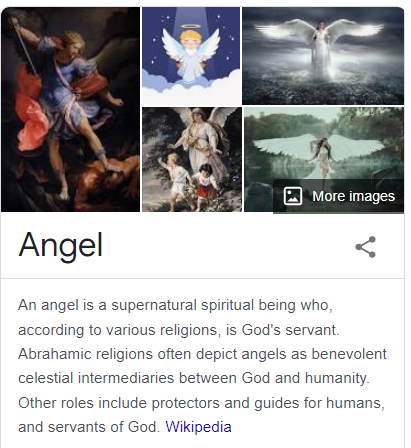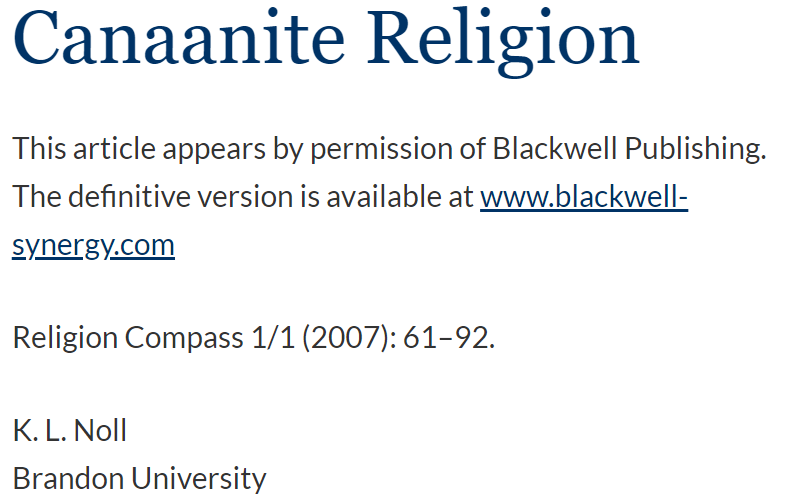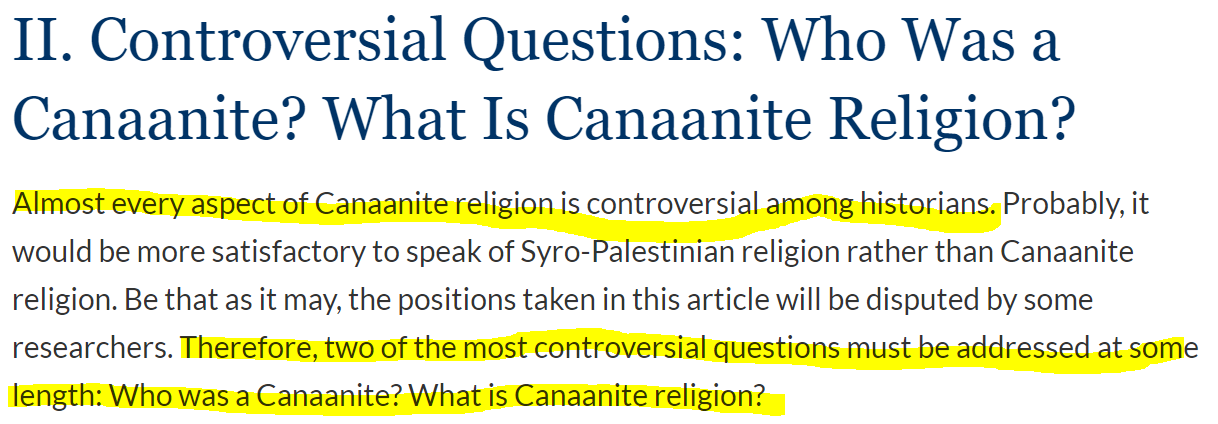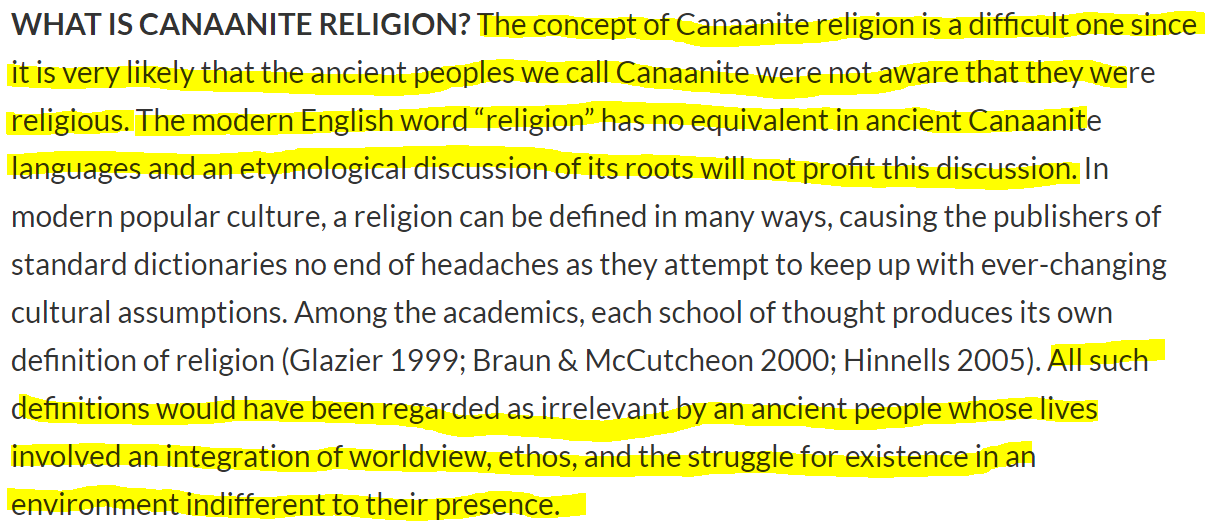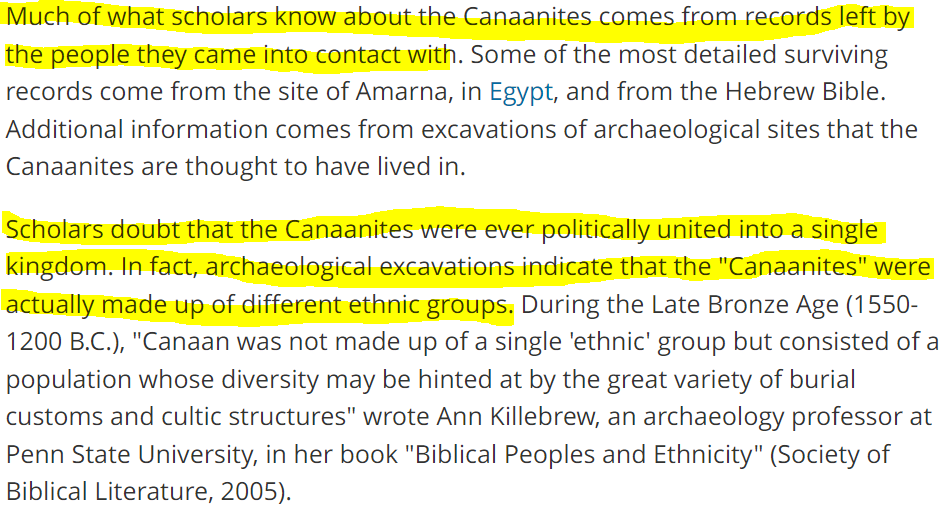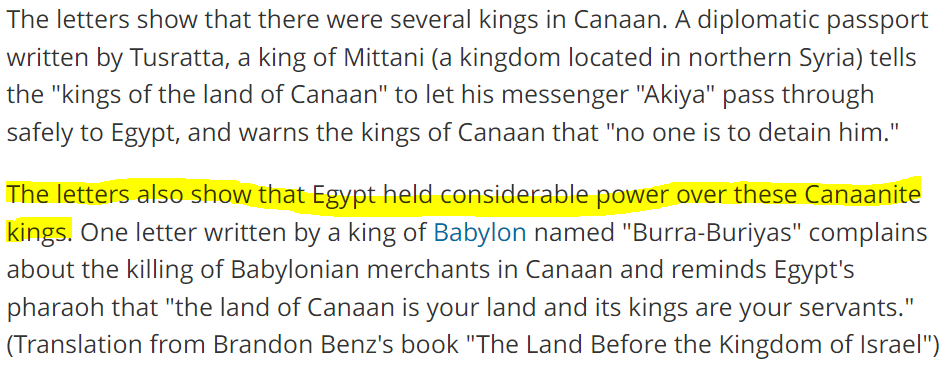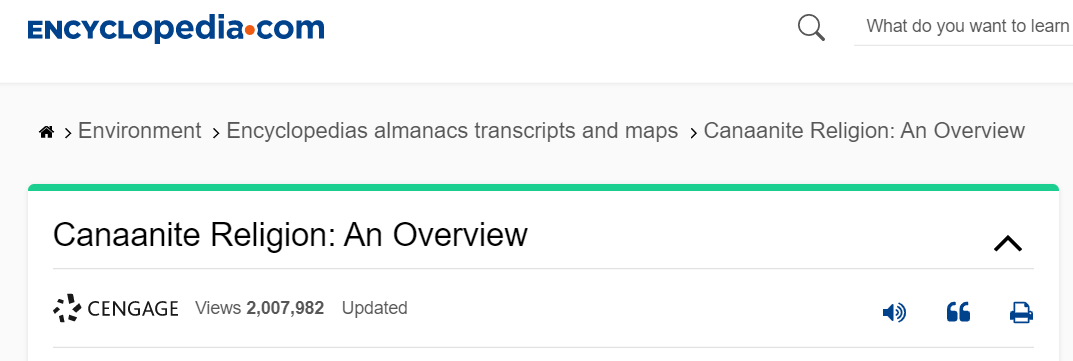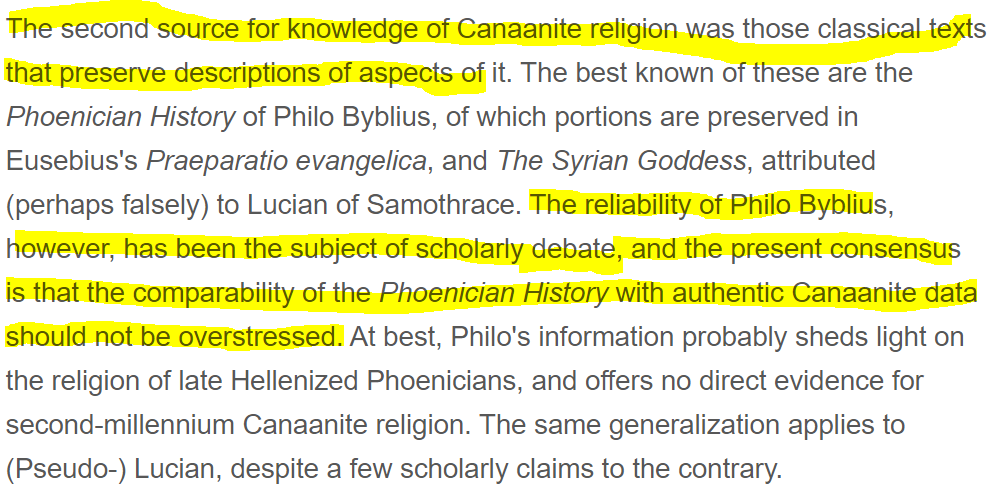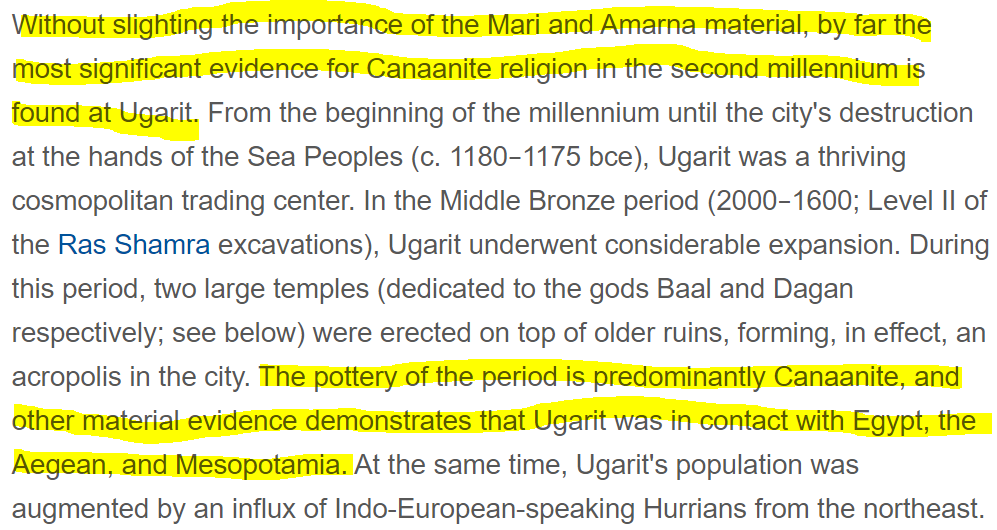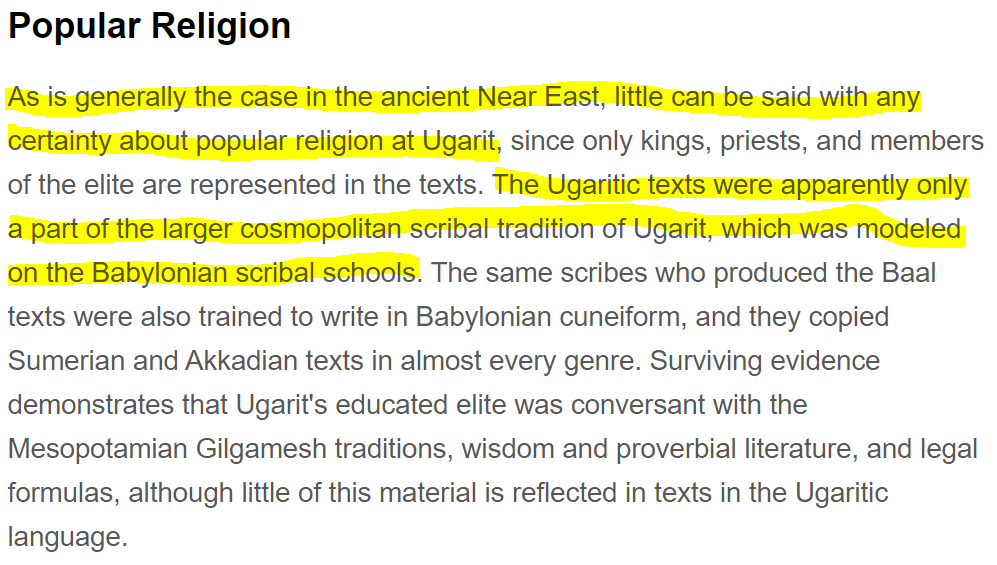Ehav4Ever
Well-Known Member
I plan on making this into a reference thread. That way I don't have to repeat the same information or better yet allow me to refer others to this.
The first point I would like to make is about the English term "Hebrew" and how it can be confused some incorrect "westernized" concepts. There was a recent post made by someone who, without any actual Torath Mosheh Jewish background, was making wild historical claims about our ancestors w/o any real historical or linquistic proof to it connections to us.

The importance here is that conceptually and linquistically the word Ivri (עברי) allows for a correct indentification of our ancestors internal self-descriptions rather than the ones that developed external to our language and culture. I also think by clearly relying on our own historical linquistic and cultural elments it helps make the point about the mistakes of those who use the external information to make their own politically charged claims, rather than argue with them about terms they came up with.
The first point I would like to make is about the English term "Hebrew" and how it can be confused some incorrect "westernized" concepts. There was a recent post made by someone who, without any actual Torath Mosheh Jewish background, was making wild historical claims about our ancestors w/o any real historical or linquistic proof to it connections to us.

The importance here is that conceptually and linquistically the word Ivri (עברי) allows for a correct indentification of our ancestors internal self-descriptions rather than the ones that developed external to our language and culture. I also think by clearly relying on our own historical linquistic and cultural elments it helps make the point about the mistakes of those who use the external information to make their own politically charged claims, rather than argue with them about terms they came up with.
Last edited:

